On the morning of July 15, at the Government Headquarters, Prime Minister Pham Minh Chinh - Head of the Government's Steering Committee for Administrative Reform chaired the 8th meeting of the Steering Committee to evaluate the results of administrative reform implementation in the first 6 months of 2024, and discuss directions and tasks for the last 6 months of 2024.

Also attending was Deputy Prime Minister Tran Luu Quang - Deputy Head of the Steering Committee. The meeting was broadcast live to the headquarters of 63 provinces and centrally-run cities.
Speaking at the meeting, Prime Minister Pham Minh Chinh emphasized that this meeting is very important. The Party and the State identify administrative reform as one of the three strategic breakthroughs to build a professional, modern, effective, efficient administration with the capacity to create, develop, be honest, and serve the people. The viewpoint of administrative reform is to always take people and businesses as the subject and center, and must be implemented synchronously with legal reform, judicial reform, and innovation in leadership and management methods, contributing to building and perfecting the socialist rule of law state.
In recent times, administrative reform has received attention from leaders at all levels, with regular and continuous direction, drastic implementation, and achieved many remarkable results, contributing to improving the investment and business environment, reducing inconvenience for people and businesses, reducing compliance costs, increasing investment attraction, and promoting the completion of socio-economic development tasks of our country. In 2023, Vietnam's business environment ranking will increase by 12 places according to the Global Business Environment Report of world ranking organizations; the Economic Freedom Index will increase by 4 places, the Global Innovation Index will increase by 2 places compared to 2022...

In addition to the achievements, we need to frankly admit that administrative reform is a continuous process, still facing many barriers and shortcomings, which need to be promptly overcome to meet practical requirements and expectations of the people, business community and investors. Administrative procedures are still cumbersome, not strictly implemented in some places, causing inconvenience and frustration; the organizational apparatus still has many levels, and its operations are not really effective; the situation of avoiding and shirking responsibility still occurs; especially, there are still institutional problems that require us to resolve more actively.
The Prime Minister emphasized that such shortcomings need to be promptly overcome, quickly cleared and effectively used all the country's resources to serve recovery and development in the current period when the world situation is still difficult, the supply chain is broken, transportation and logistics costs are increasing; gasoline prices are fluctuating... If we do not focus on administrative reform, it will cause obstacles, inconvenience, and reduce people's resources.

Therefore, the Steering Committee organized the Eighth Session to focus on evaluating and clarifying the achieved results, shortcomings, limitations, and obstacles in administrative reform, especially the tasks set out in the Seventh Session; clearly identifying the causes, lessons learned, discussing and agreeing on tasks and solutions for the coming time, overcoming the existing limitations and shortcomings, contributing to clearing resources, bottlenecks, and blockages, thereby improving the effectiveness of administrative reform work.
These are big, difficult issues but cannot be avoided, "no matter how difficult it is, it must be done" to unlock resources for the country, reduce inconvenience for people and businesses, so from the practice of ministries, branches and localities, it is necessary to have solutions to implement with the spirit of "clear people, clear work, clear responsibilities, clear implementation time, clear efficiency, clear products" to make it easy to check, easy to evaluate, easy to promote, easy to reward...
* The Government's Steering Committee for Administrative Reform said that, in the field of administrative procedure reform: The Government and the Prime Minister have issued many directive documents related to administrative procedure reform, such as: Decree regulating the implementation of electronic interconnection of 2 groups of administrative procedures: Birth registration, permanent residence registration, issuance of health insurance cards for children under 6 years old; death registration, deletion of permanent residence registration, settlement of burial fees and death benefits; Directive on continuing to promote the reduction and simplification of administrative procedures at ministries, branches and localities to serve people and businesses...
Regarding the review and reduction of business regulations: in the first 6 months of 2024, ministries and branches have reduced and simplified 168 business regulations in 16 legal documents, bringing the total number of business regulations reduced and simplified from 2021 to present to 2,943 business regulations in 250 legal documents, reaching 18.6%.
Regarding decentralization in handling administrative procedures: the total number of decentralized administrative procedures is 108 administrative procedures in 8 decrees and 13 circulars, bringing the total number of decentralized administrative procedures from 2022 to present to 261/699 administrative procedures in 53 legal documents.

Regarding the review and simplification of internal administrative procedures in the state administrative system in the 2022 - 2025 period: ministries and agencies have submitted to the Prime Minister for approval a plan to simplify 40 internal administrative procedures and approved, under their authority, a plan to simplify 151 internal administrative procedures (abolishing 25 administrative procedures, amending and supplementing 166 administrative procedures); localities have approved a plan to simplify a total of 861 administrative procedures (abolishing 97 administrative procedures, amending and supplementing 764 administrative procedures).
Regarding the implementation of 19 Resolutions of the Government on simplifying administrative procedures and citizen papers related to population management: the total number of administrative procedures implemented is 247 administrative procedures in 25 legal documents. Up to now, ministries and branches have simplified 828 administrative procedures assigned in the Government's specialized Resolutions on simplifying administrative procedures and citizen papers related to population management, reaching 76%.
Implementation of the one-stop shop and inter-connected one-stop shop mechanism in handling administrative procedures: The Government Office has completed the model guidance document on the One-stop Shop Unit in the direction of combining the provision of public administrative services of administrative units in the same locality and is seeking opinions from ministries, branches, localities and relevant agencies to complete, promulgate and organize a pilot in 4 localities: Hanoi, Ho Chi Minh City, Binh Duong and Quang Ninh in the coming time.
Regarding the construction and development of e-Government and digital Government, the Steering Committee also said that institutions and policies have been issued to improve the legal environment and promote national digital transformation, including: 10 Decrees, 6 Decisions of the Prime Minister, 2 Directives of the Prime Minister. Regarding the Information System for Meetings and Handling of Government Work (eCabinet): Up to now, the System has served 99 conferences and meetings of the Government and processed 2,288 ballots for Government members' opinions, replacing more than 789 thousand paper records and documents.

Regarding the provision of online public services: according to the report of the Ministry of Information and Communications, by June 30, 2024, the rate of administrative procedures provided in the form of online public services (ODS) reached 81%; the rate of administrative procedures provided in the form of full-process DVS reached 48%. The rate of online submission of dossiers for full-process DVS of ministries and branches reached 61%; at the provincial and municipal levels reached 17%. The national average reached 42%. As of June 2024, 63/63 localities nationwide issued policies on exemption and reduction of fees and charges for using DVS; Hanoi city issued a policy regulating the support of fees for providing criminal record information via the VNeID application in the city.
Regarding digitalization of records and results of handling administrative procedures: according to the report of the Government Office, the digitalization results at ministries and branches reached 31.11%, at localities reached 53.20%. Regarding some national databases: 63/63 provinces and centrally-run cities have deployed online birth, marriage and divorce registration. As of June 30, 2024, 100% of ministries, branches and localities have completed connecting and synchronizing data with the national database on cadres, civil servants and public employees; the total number of synchronized data reached 2,292,771 records...
Source






![[Photo] Bustling construction at key national traffic construction sites](https://vstatic.vietnam.vn/vietnam/resource/IMAGE/2025/5/2/a99d56a8d6774aeab19bfccd372dc3e9)



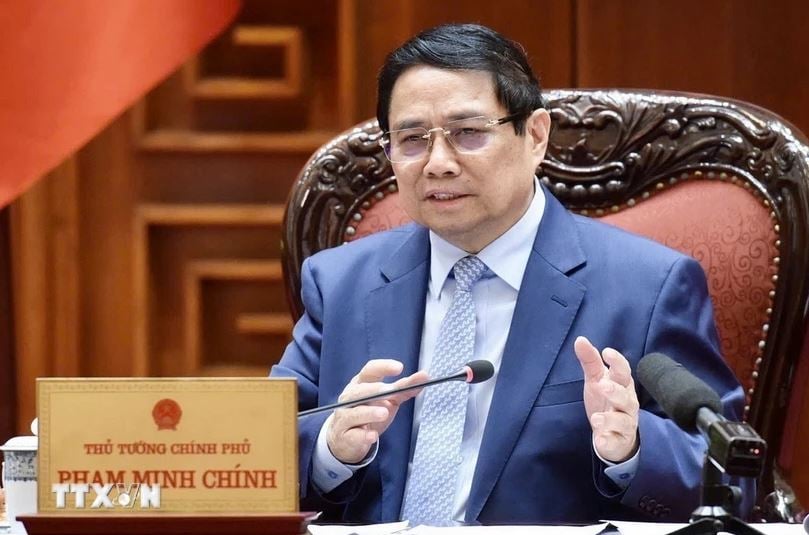

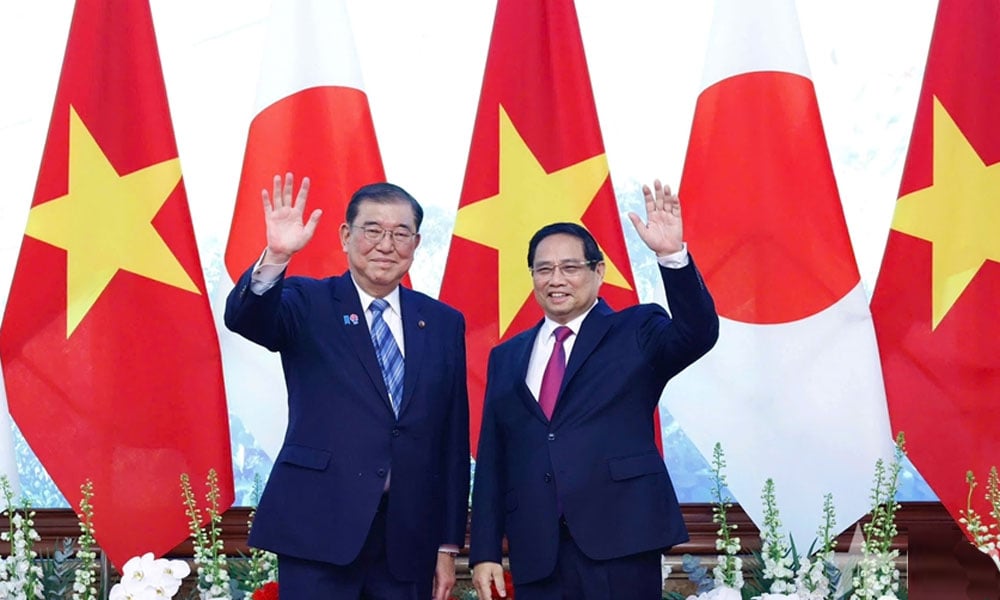

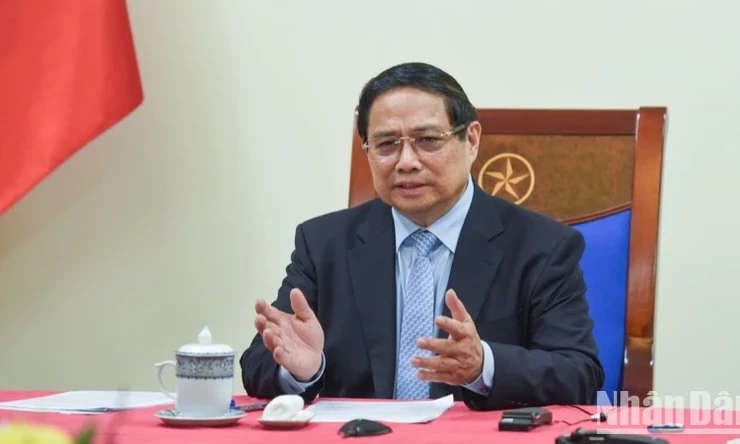
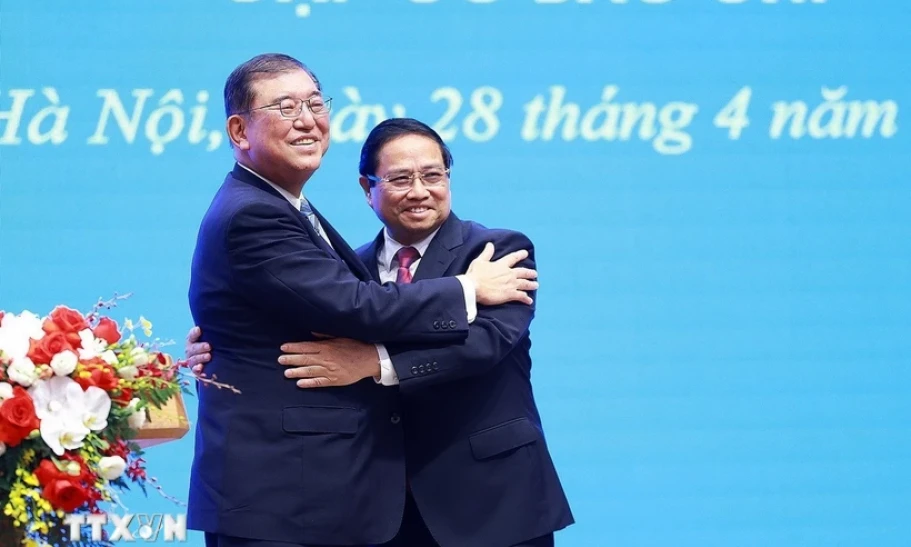
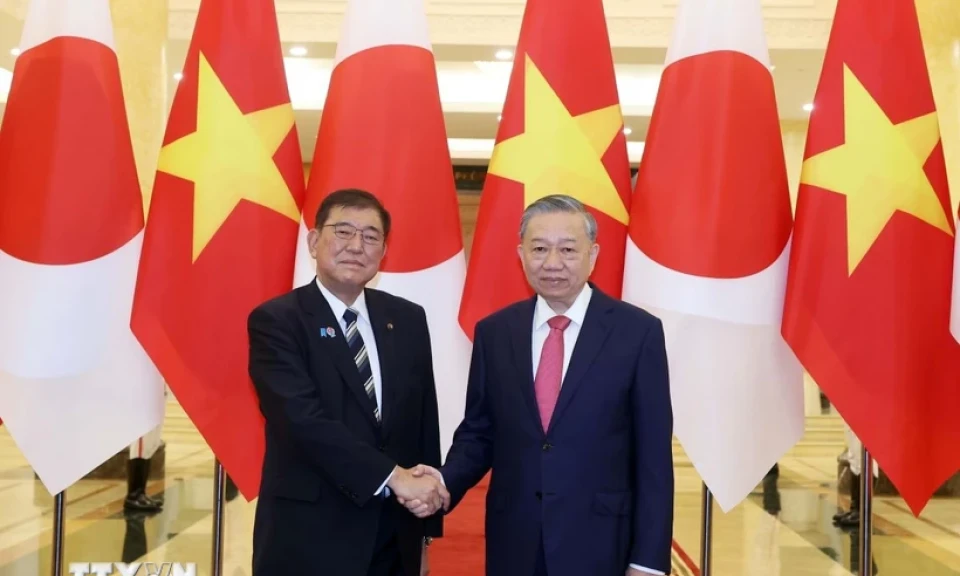


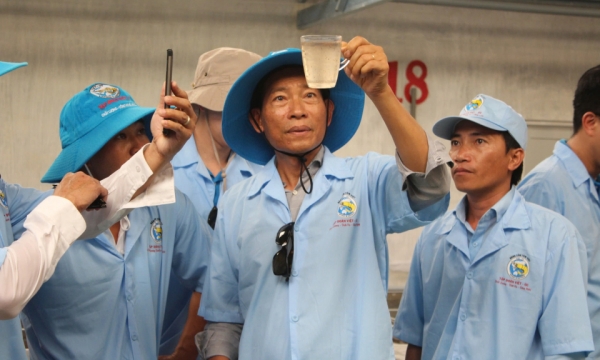

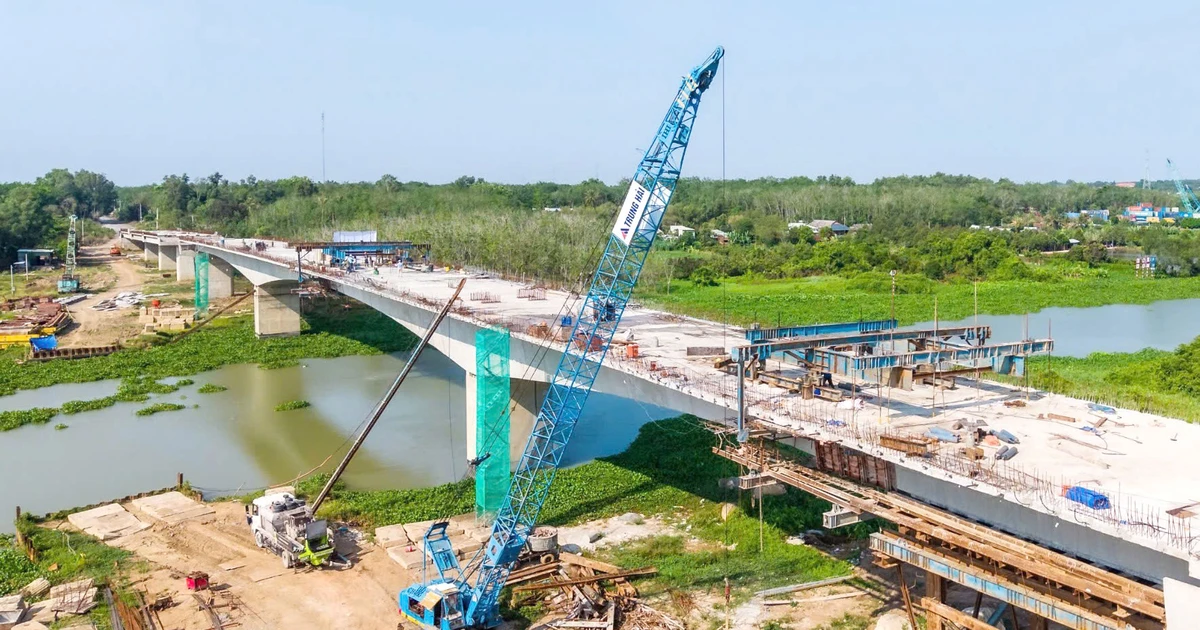





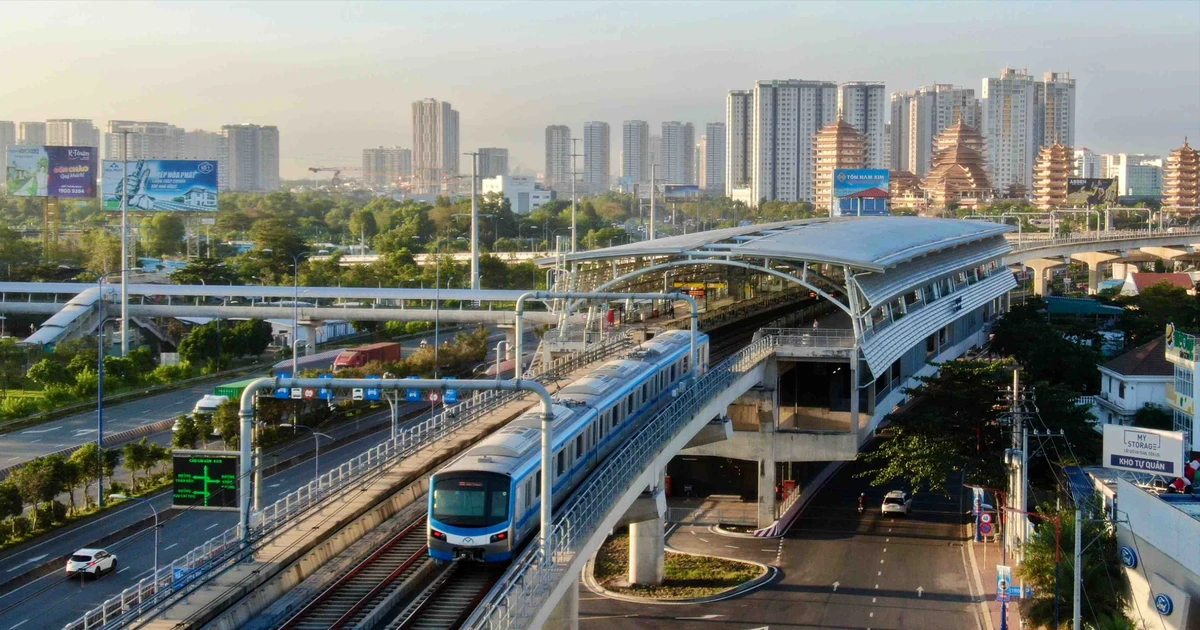
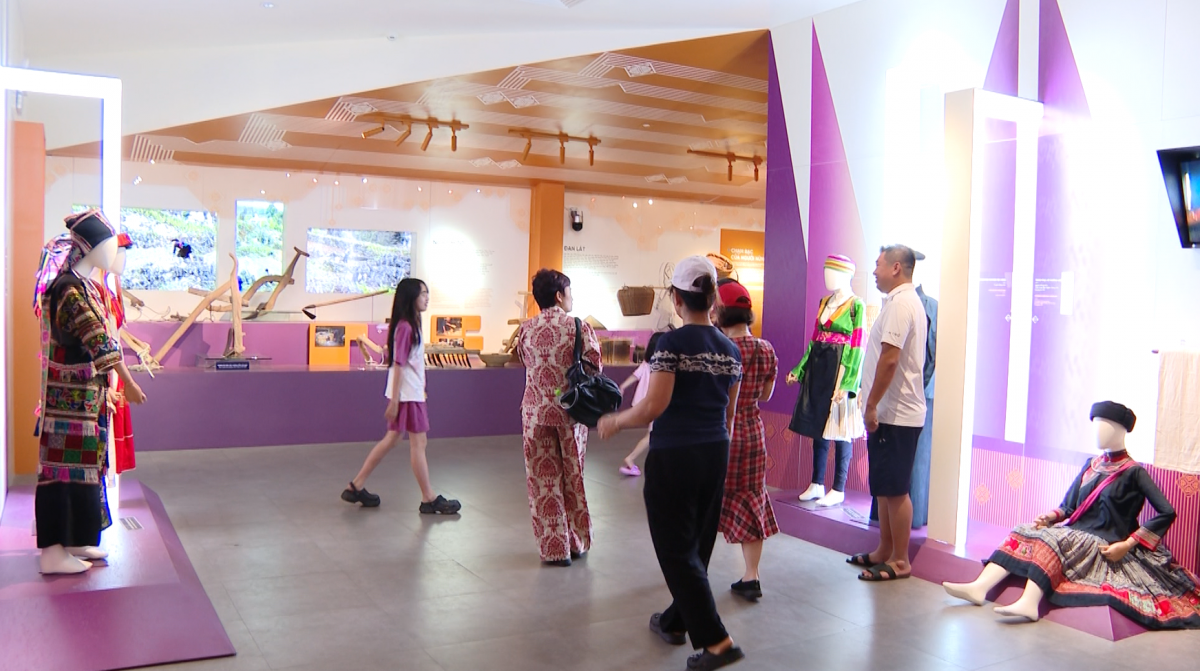
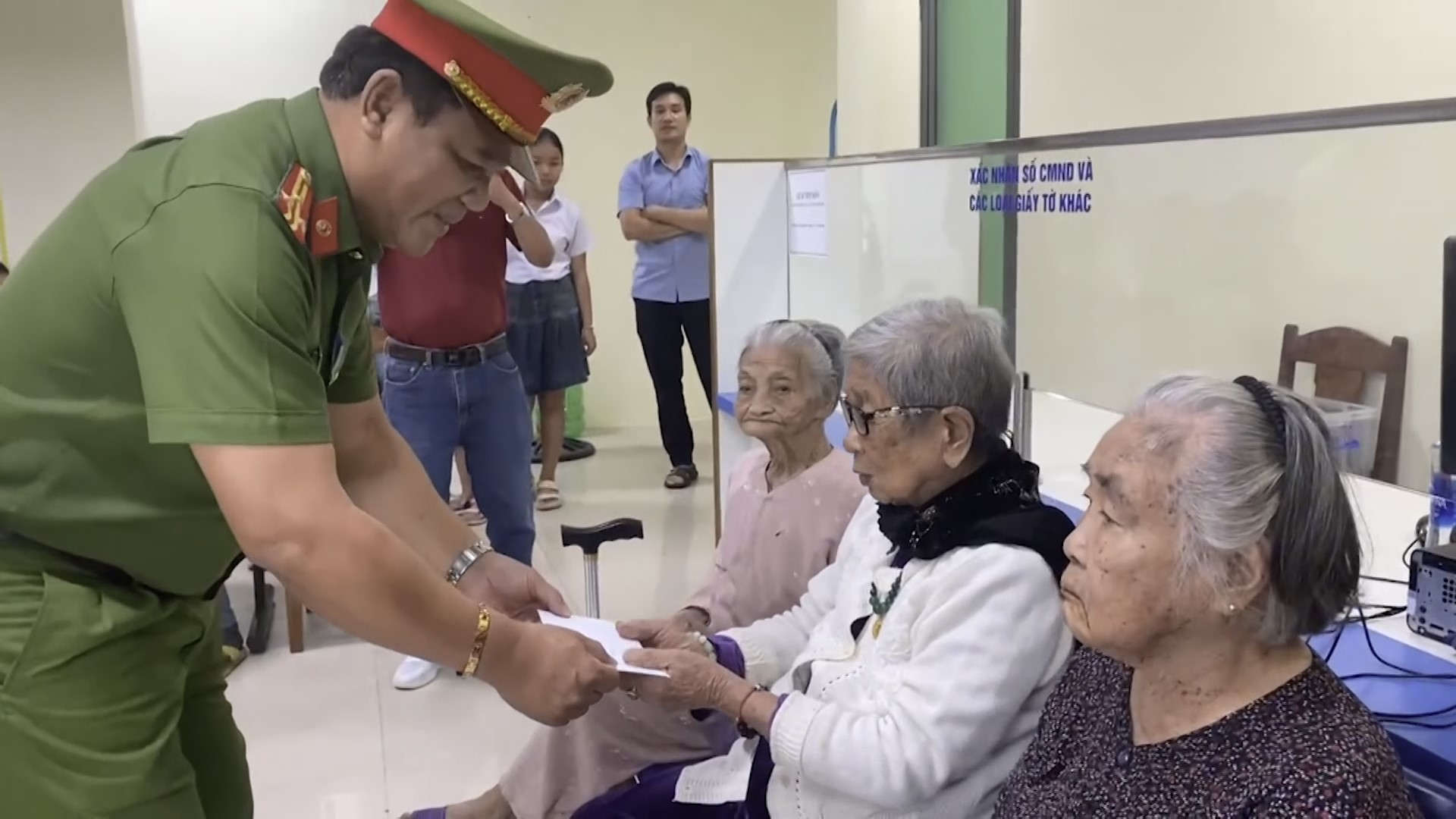

![[Photo] Binh Thuan organizes many special festivals on the occasion of April 30 and May 1](https://vstatic.vietnam.vn/vietnam/resource/IMAGE/2025/5/1/5180af1d979642468ef6a3a9755d8d51)

![[Photo] "Lovely" moments on the 30/4 holiday](https://vstatic.vietnam.vn/vietnam/resource/IMAGE/2025/5/1/26d5d698f36b498287397db9e2f9d16c)



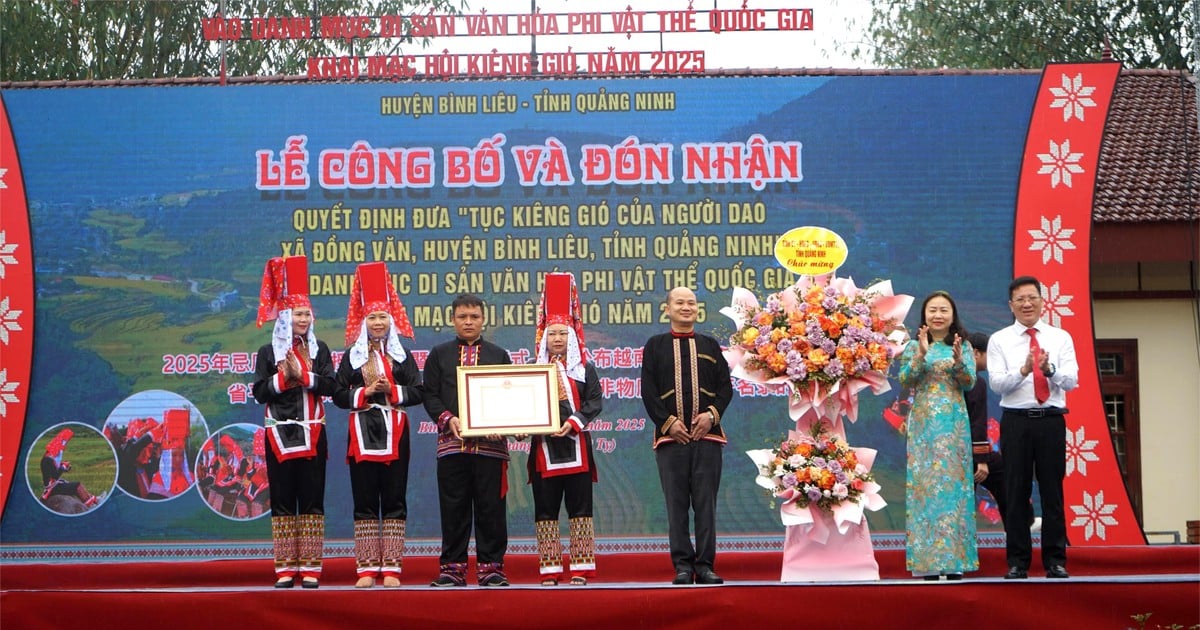







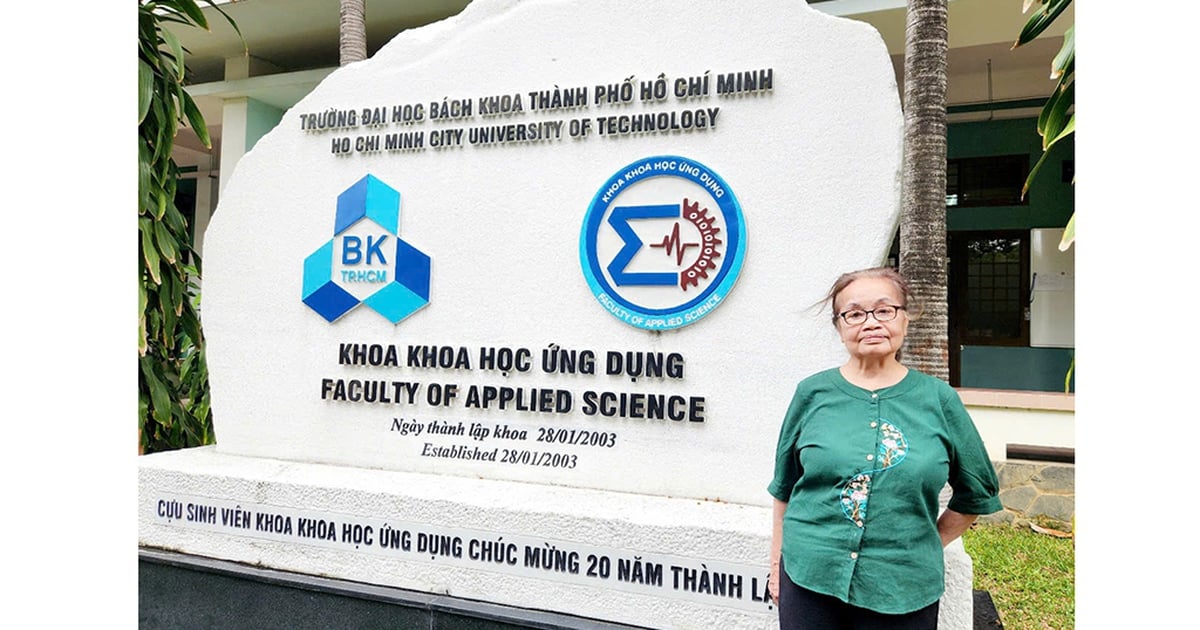

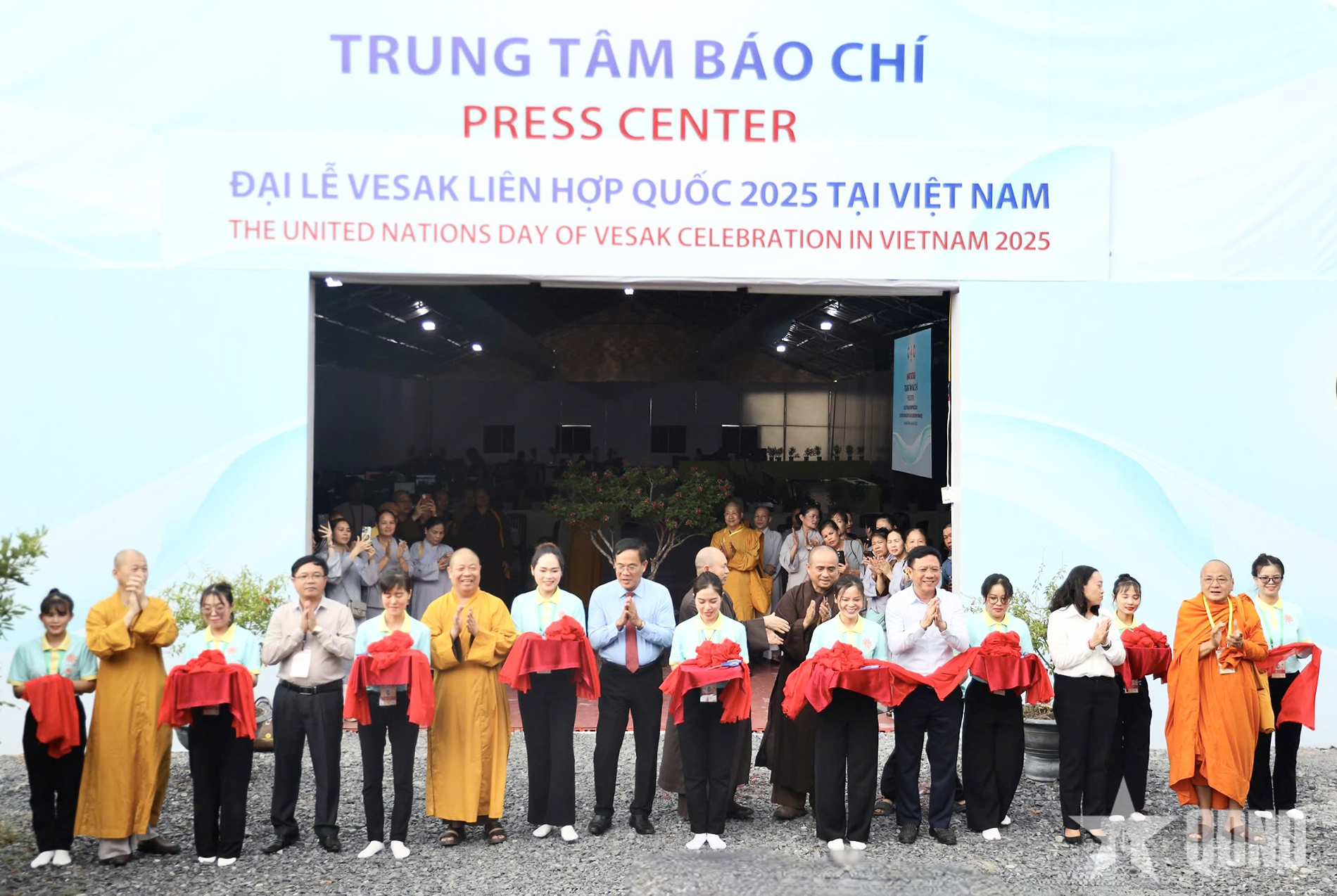



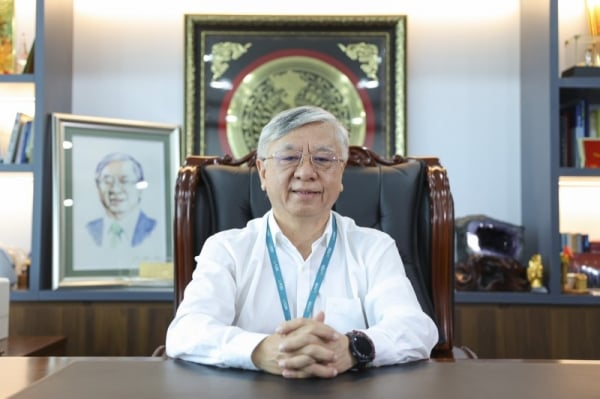

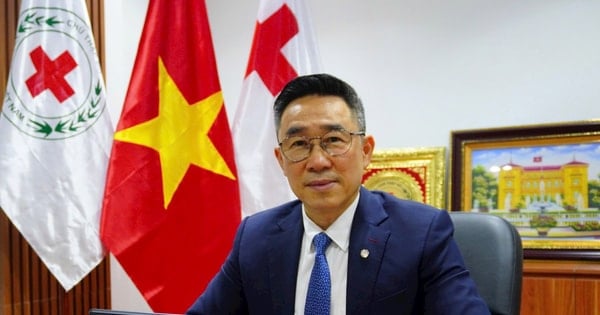











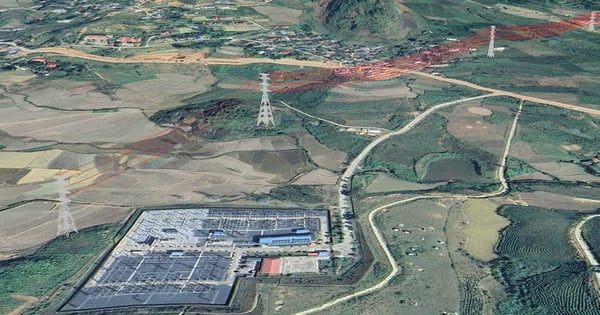
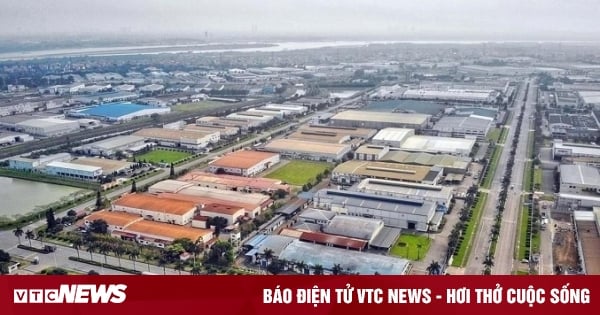

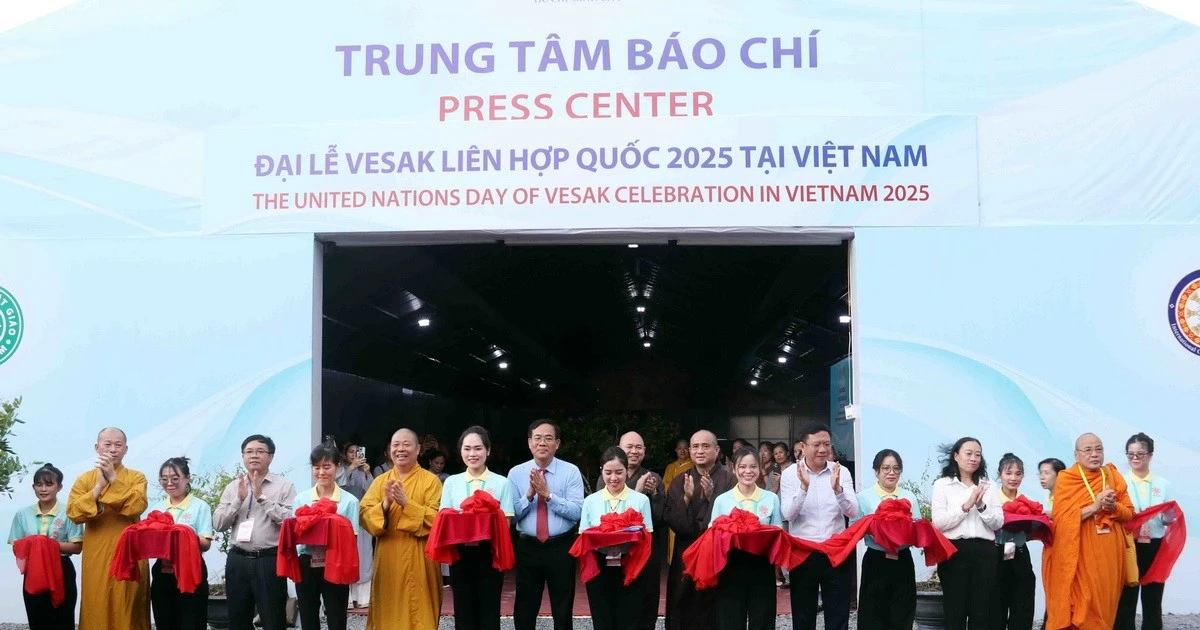
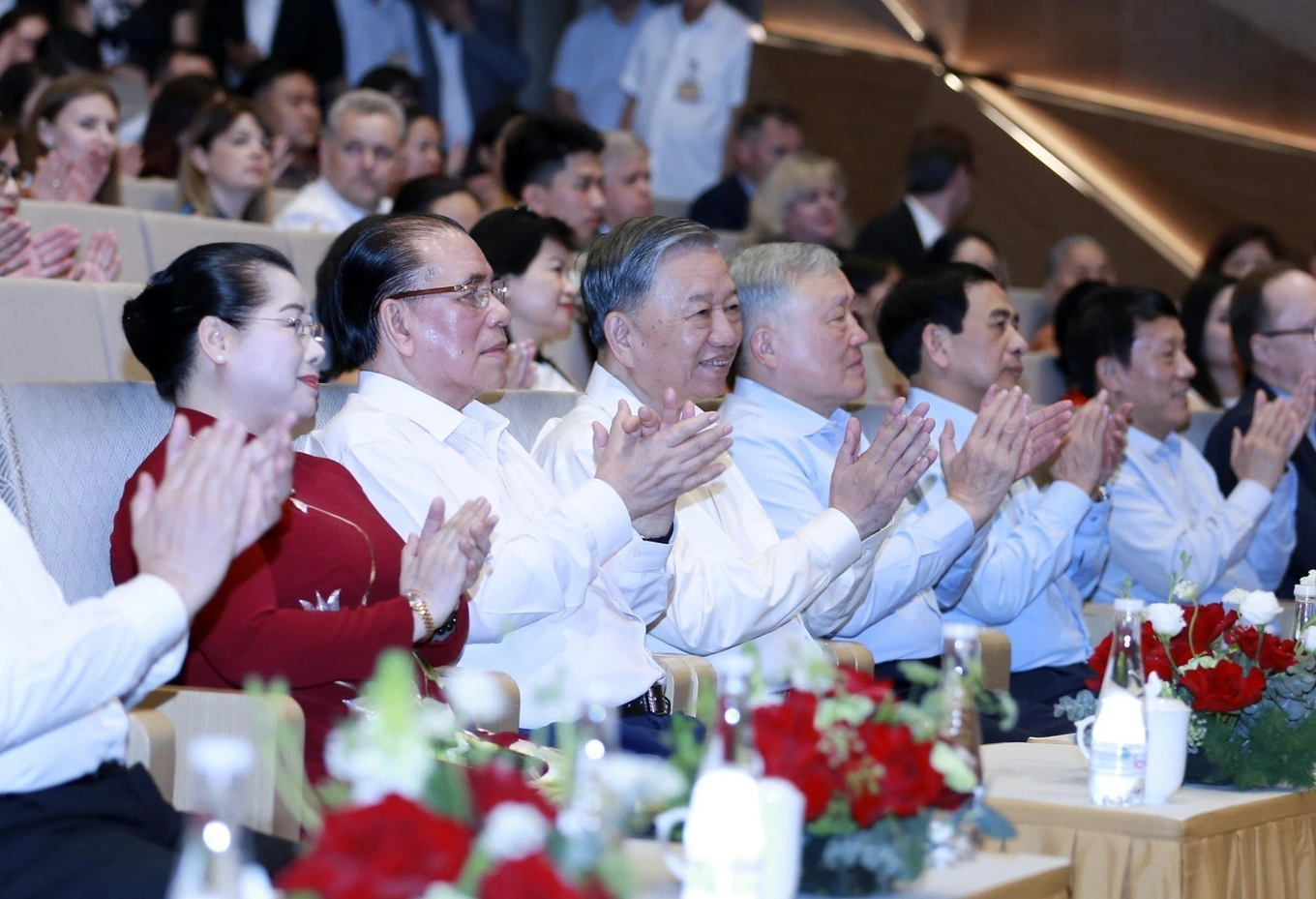



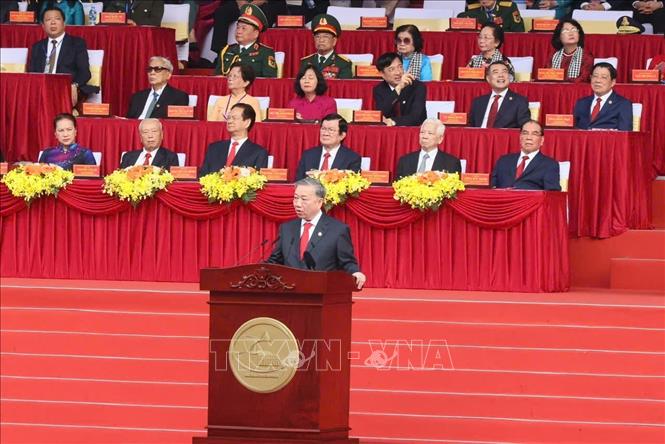












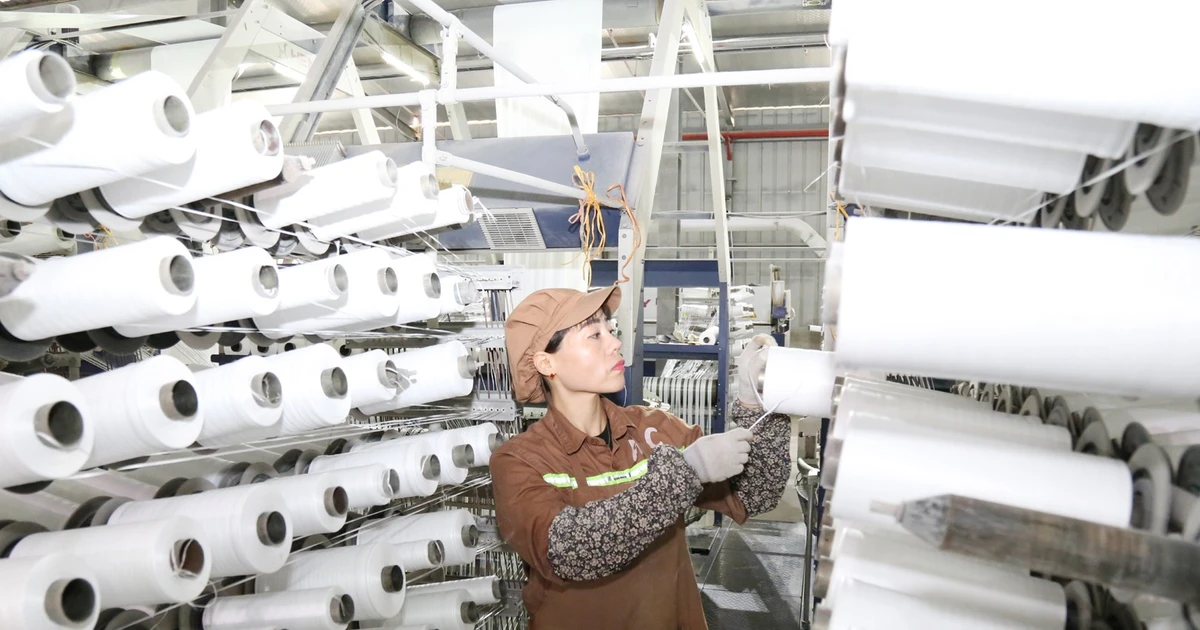

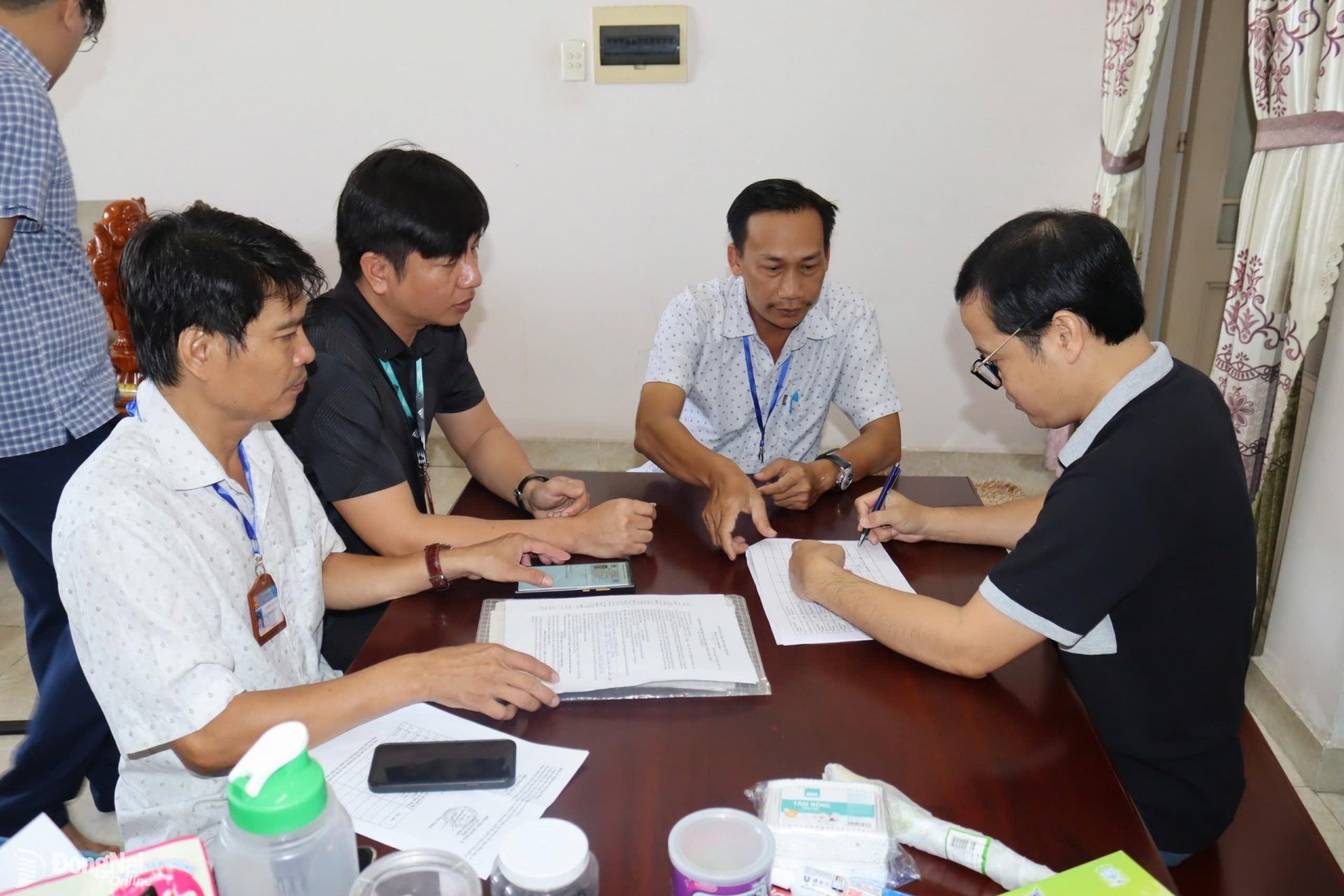


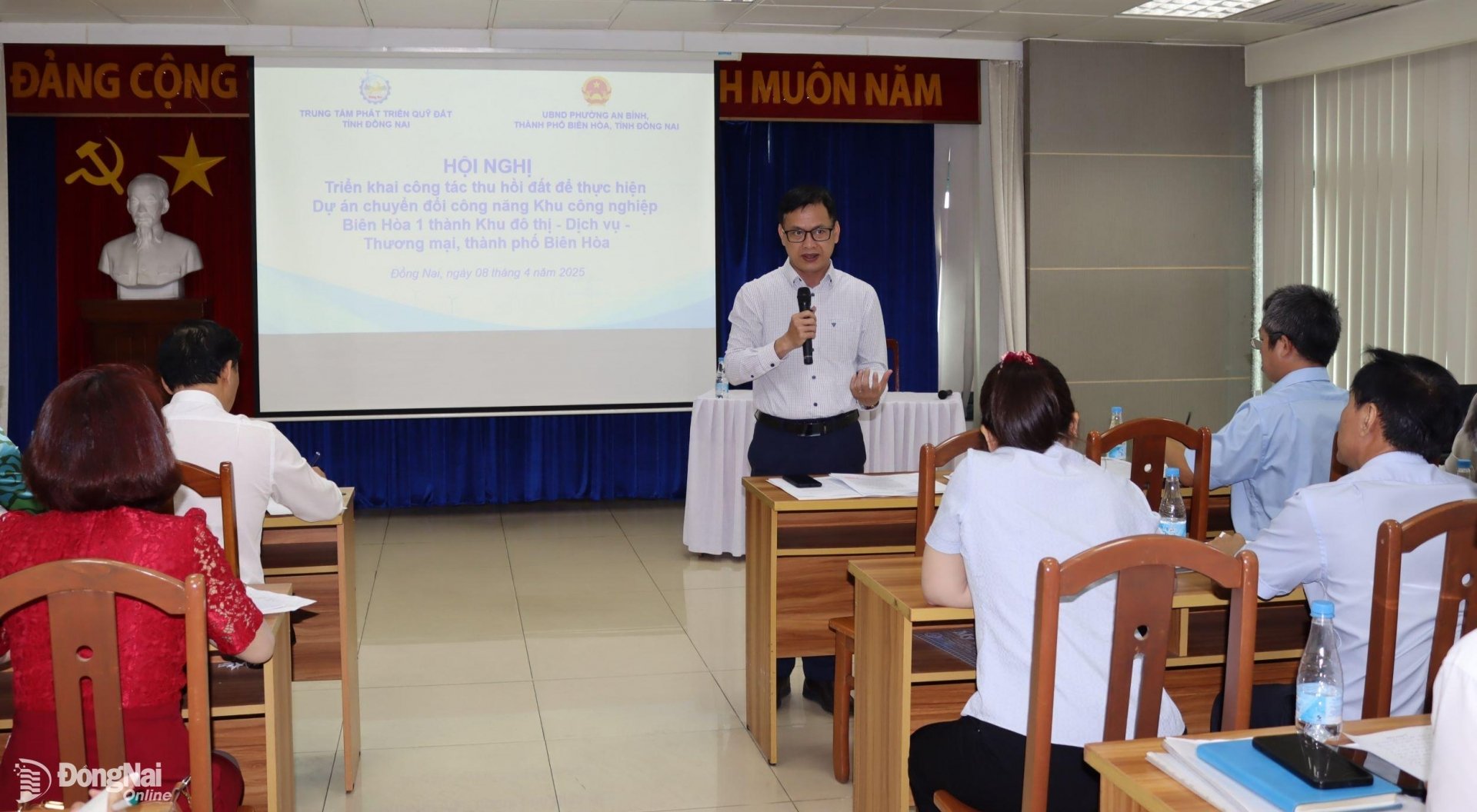




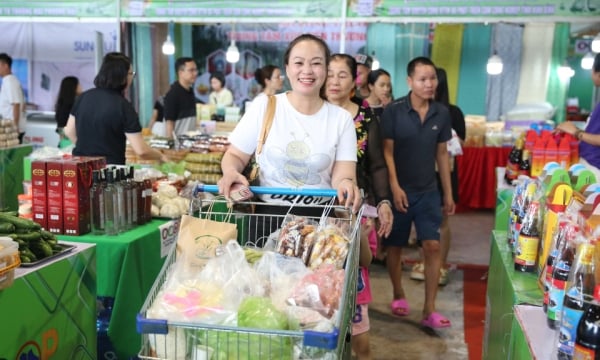
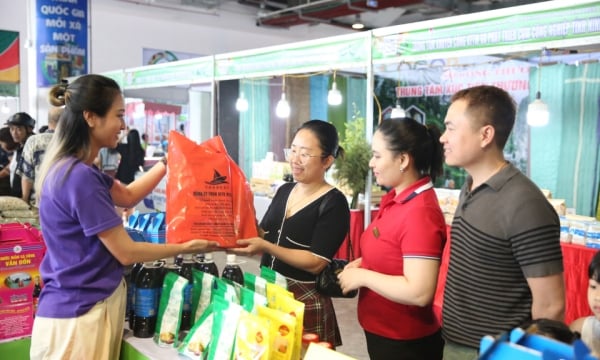
Comment (0)